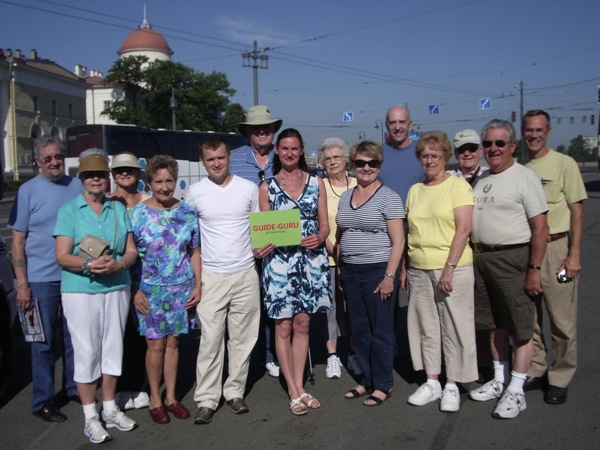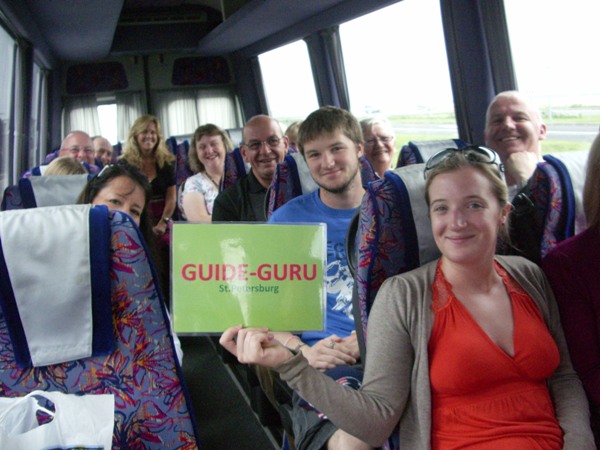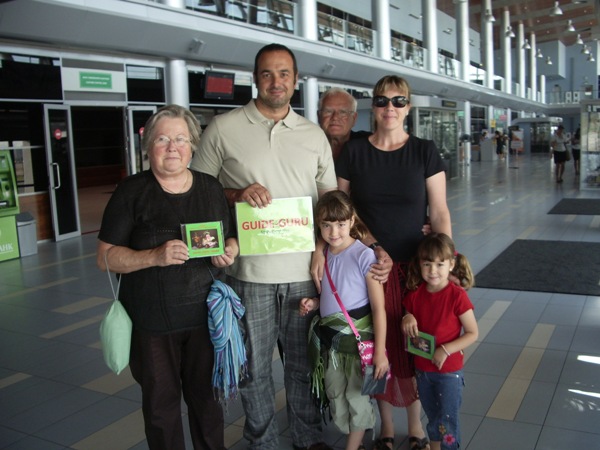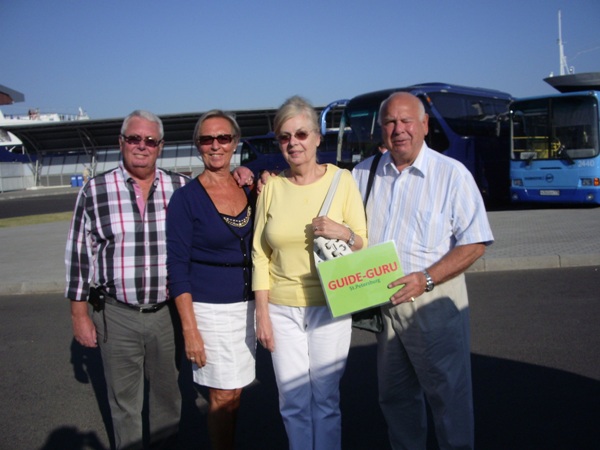
Traditionally, Russians believe that on Easter, Jesus walks on the earth and mixes with the ordinary people, while the Devil is consigned to hell. To honour Jesus, rich people treat the less well-off to a meal, and everyone visits their friends and relatives.
Everywhere, you will see the Cyrillic letters “XB”. These stand for “Hristos voskres” which means “Christ is risen!”, and is something you will hear many times if you visit Russia during Easter. This phrase is usually replied to with “Voistinu voskres”, which means, “He has truly risen”.

As elsewhere, Easter is associated with sweet foods, and the breaking of a fast. The most impressive is the elaborate kulich, a rich cake made with candied fruit. Enormous versions of this are produced and taken to church the day before Easter to be blessed. Another Eastern tradition is Paskha, a type of cream cake. There are many different kinds of paskha, and you should definitely try at least one during your visit. Gingerbread decorated with, or shaped like, animals associated with springtime are also popular.
For the main Easter meal, families cook the best foods that they can afford. This traditionally comprised of 48 different dishes to represent the 48 days of Lent, and the first dish to be prepared on Easter morning was pelmeni, a type of Russian ravioli. Sturgeon, beef stew, and plenty of eggs, which are usually the first element of an Eastern meal.
Eggs are as important to the Orthodox Easter as they are to the Western tradition. As elsewhere, eggs were a pagan fertility symbol, incorporated into Easter by early Christians. Eggs are dyed different colours, including red to represent the blood of Christ, and children play games with eggs, painting them and then bashing their egg against an opponents’.
Farmers and artists produce wooden eggs, which are beautifully designed and painted, sometimes with individual saints as well as general Eastern motifs. These make lovely souvenirs, and are readily available in St Petersburg markets. Of course, the most famous eggs in Russia are those designed and produced by Faberge for the Romanovs. These are outstanding pieces of artwork, and you can see them in the Armoury during your visit to Moscow.
The best way to experience part of the Orthodox Easter holiday is to visit a church service, which usually include processions of holy banners and icons. If you stand at the back and remain unobtrusive, no-one will mind if you can’t follow proceedings or are not sure what to do. However, some of the elements of the service should be recognizable if you regularly attend church at home.
In short, the Easter Holiday in Russia is a fabulous festival and any visitor will enjoy the mixture of both the exotic customs and the familiar symbolism. If you are travelling to St Petersburg in April, do not miss the opportunity to visit remarkable orthodox cathedrals with your St Petersburg private tour guide and learn more about Russian Easter traditions.
Liked the article and wish to thank or share? Feel free to click your favourite button or leave a comment.



















